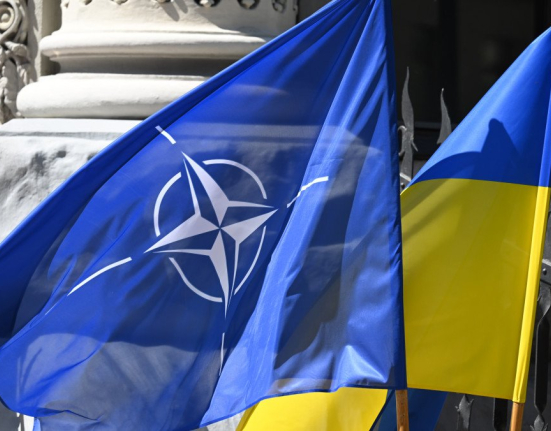China has urged the US-led North Atlantic Treaty Organization (NATO) to refrain from causing instability in the Asia-Pacific region. “NATO should adhere to its positioning as a regional defensive organization, stop creating tensions in the Asia-Pacific region, stop promoting Cold War mentality and bloc confrontations,” stated China’s Foreign Ministry spokesman Lin Jian on Monday.
This warning precedes a NATO summit in the United States, which will be attended by leaders from Asia-Pacific nations including Japan, South Korea, Australia, and New Zealand.
Lin Jian rebuked the Western military bloc for its role in causing chaos in Europe and cautioned against repeating such actions in the Asia-Pacific region. The NATO summit in Washington, scheduled for July 9-11, marks the 75th anniversary of the alliance, originally established in 1949 by the United States, Canada, and several Western European nations as a regional defensive organization against the former Soviet Union.
Experts warn that the US-led alliance is expanding its influence beyond traditional missions in the West and into the Asia-Pacific region, aiming to encircle China. Such moves are seen as escalating geopolitical risks and threatening regional prosperity and stability.
During the summit, NATO is expected to increase military aid, financial support, and personnel training for Ukrainian forces fighting against Russian troops. The alliance is also likely to blame Moscow and Beijing for undermining international peace, positioning them as threats to the US-led world order.
Observers suggest that Washington's strategy of pushing NATO's eastward expansion led to the conflict with Ukraine, manipulating Kiev into the Western camp and prompting increased military spending among NATO members. Large-scale military exercises and the deployment of NATO troops have further provoked Russia, exacerbating tensions in Europe and Eurasia.
The ongoing war in Ukraine has significantly benefited the US arms industry, which profits from supplying arms and equipment to both Ukraine and European nations. This situation has fueled the conflict and weakened international cooperation on global challenges like climate change.

















